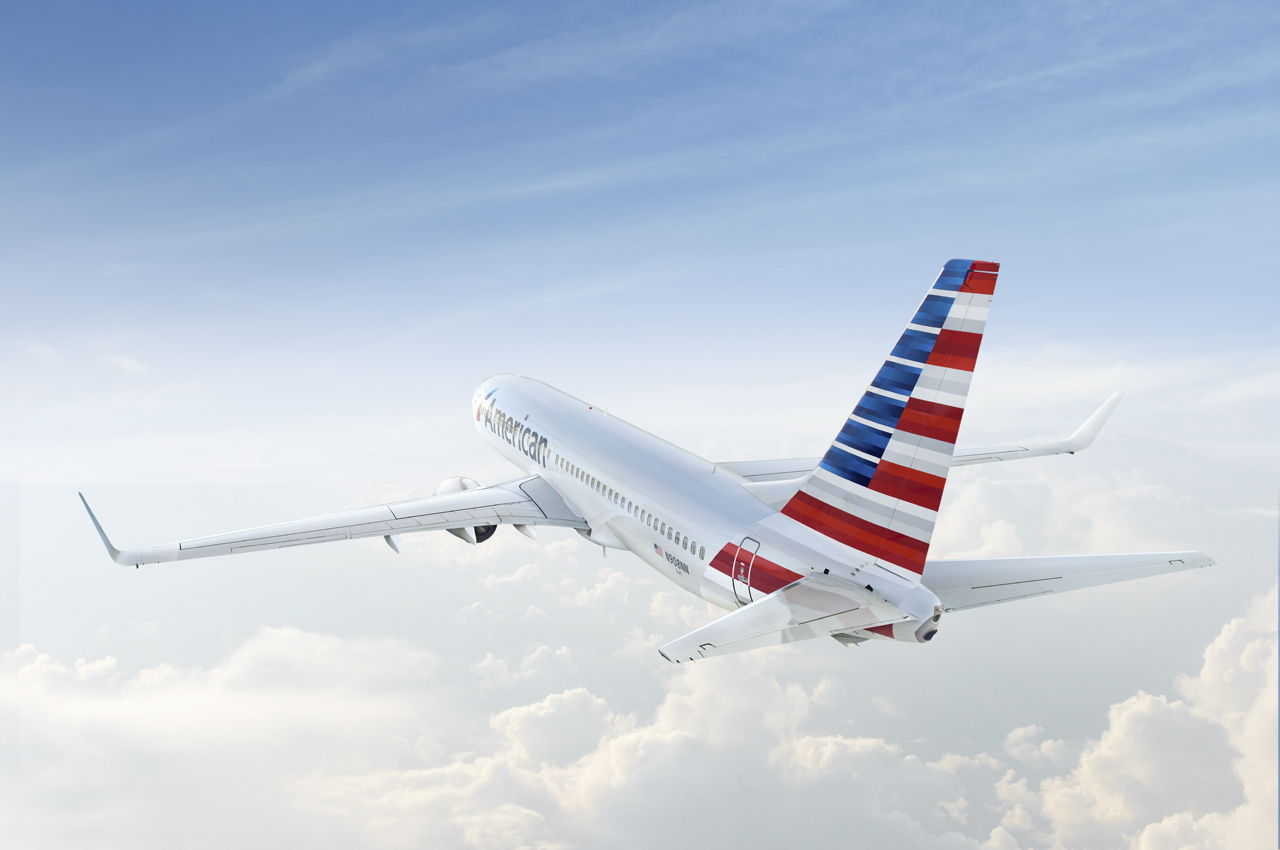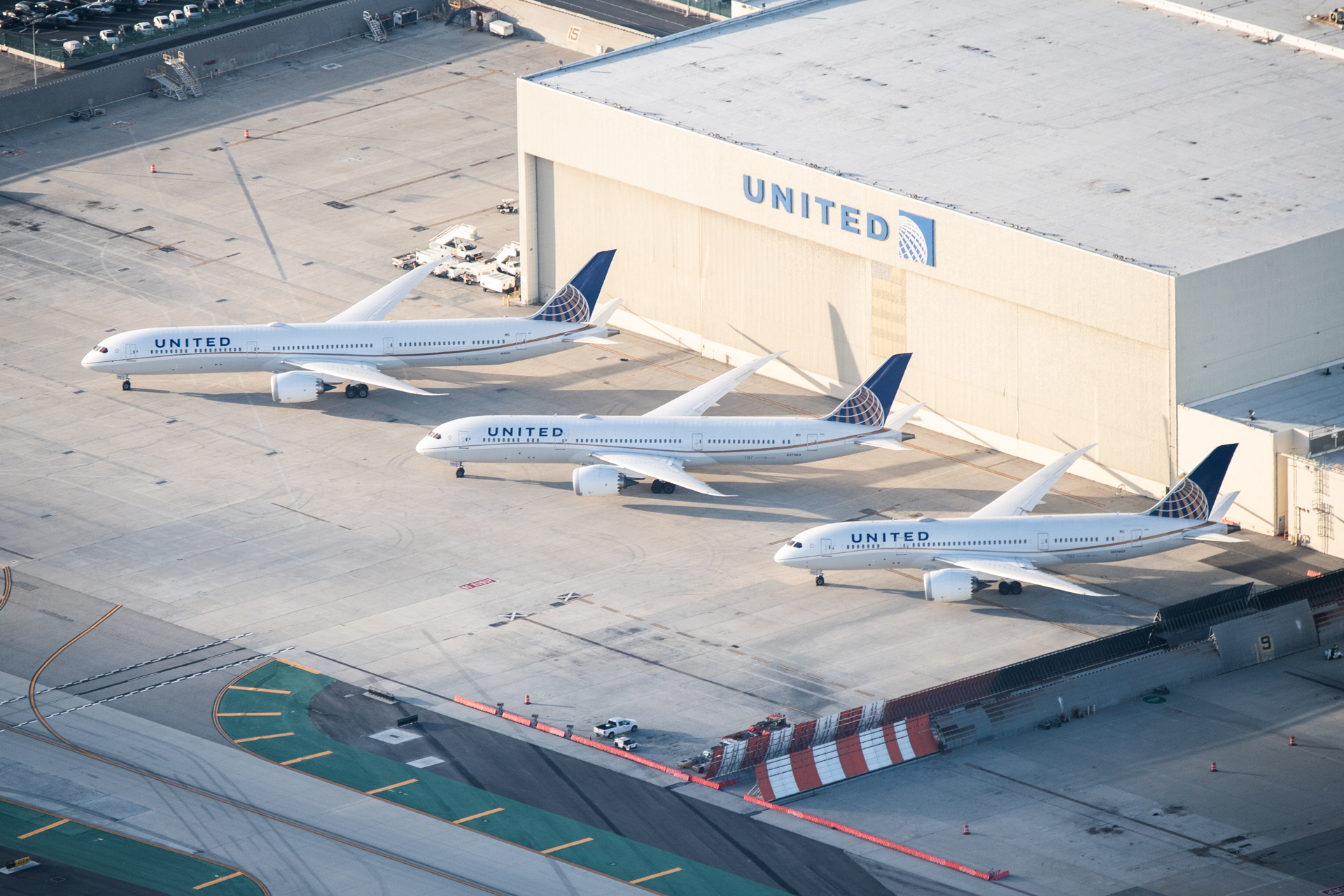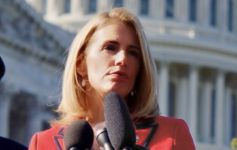Airlines have reportedly asked for an additional $32bn in new bailout money to weather the Coronavirus crisis, but it’s time for the US taxpayer to say “tough luck.”
If you are considering booking travel or signing up for a new credit card please click here. Both support LiveAndLetsFly.com.
If you haven’t followed us on Facebook or Instagram, add us today.
Previous COVID-19 Bailout
The US Government included a more than $25 billion bailout for US carriers assuming they adhered to maintaining their employees and avoid airline furloughs until at least Sept. 30, 2020. The CARES Act was also not a true bailout in the sense that the government aid was both conditional and included some of the funds distributed as government loans.
The financial support was in connection with a $2.2 trillion emergency support package from the US Government to businesses.
I argued for a bailout for the carriers initially to protect jobs because it’s cheaper to pay workers not to work for a limited time and keep them ready for a travel ramp-up than put them all out of work indefinitely. I am happy to revise a previous opinion when I find new information or a reason to alter it. However, in this case, there were simply too many unknowns and I still feel that was the right direction at the time.

The Airlines Need More Money
Airlines for America, the airline industry lobby group, originally asked for more than $50bn in support from the government but were granted half of that amount. Still, carriers are asking for a further $32bn. While not reported to have come up in discussions at the White House this week with Vice President Pence, it’s sure to have been discussed in the hallways while the heads of the carriers were in Washington. President Donald Trump has voiced his support for additional coronavirus relief funds to protect airline workers.
Many passenger airlines have found support through funding from creditors (Southwest Airlines), mortgaging their loyalty programs (United Airlines), and handing out generous retirement packages (Delta Air Lines) for those who choose to end their careers with their carrier.
But it’s still not enough.

This Isn’t The Taxpayer’s Responsibility
The argument in previous posts was that the airlines should be bailed out to avoid massive layoffs and the potential for carriers to enter a bankruptcy they could not exit. The expense on the taxpayer and, ultimately, the economy as a whole would have been far greater than applying a temporary – though massive – bandaid to help them weather the coronavirus crisis.
However, these businesses are not owned by the taxpayer. While the government initially caused some of the pain airlines felt by restricting international routes heading into the busy summer season, other governments did as well. That’s a global issue and not one that the government is responsible for creating, nor the people who support it.
The taxpayer has been generous despite being slapped in the face by the carriers. Just weeks after the bailouts were agreed in which job loss would not occur through at least September, some CEOs stated those job losses would now come in October. That wasn’t the intent of the funding. The intent was to provide an extraordinary temporary relief to overcome a temporary problem and allow airlines to resume normal activity following its expiry. The taxpayers did that.
Other Options
Airlines have secured funding from their banking partners, sold assets, and mortgaged some of their loyalty programs. There are still other options. Airlines did not fully extend themselves, and American Airlines already said they believe the carrier will no longer be burning cash by the end of the year. United valued MileagePlus at more than $15bn but mortgaged just $5bn of the program. American acquired a valuation of $31bn for its Advantage program but hasn’t mortgaged any of it.
They could merge, they could liquidate seats on routes they are still flying, they could sell miles for less than they already are – they have options. One possibility is that an increased travel demand, specifically air travel, by making the product more attractive.
Conclusion
Airlines are businesses like any other. The carriers were more fortunate than some businesses that didn’t receive the same generous package and have fewer options to leverage with financial institutions. It’s simply not the taxpayer’s responsibility to ensure a profitable business due to a pandemic outside of anyone’s control. Standard payroll support should be sufficient for airlines as it is for any other business.
What do you think? Should the taxpayer pick up the tab again? Do airlines need more bailouts?




when you say AA hasn’t mortgaged it’s loyalty program, that must include the fact that they put it up as collateral for a government loan, right?
Speaking as an airline pilot I’m also not in favor of further bailouts. No one seems to be on the verge of liquidation. And while I don’t begrudge airlines asking for money from the government the answer should be a firm no.
While no airline is on the verge of liquidation, it is clear that there are a few airlines in trouble given the weak demand horizon. By March or April of next year, several airlines will have blown through a good portion of their cash that they raised over the past few weeks/months.
Considering they have mortgaged most of their assets, there won’t be any additional assets for them to mortgage next year to raise money. This is the reason why they are asking for additional bailout money.
They are starting the convo now in preparation for the inevitable financial issues they will face (specifically American Airlines).
Let. Them. Fail.
New airlines will pop up the instant they’re gone. But management will be gone. And mileage churners will be wiped out. That’s a double win for everyone else.
If only – but not likely. Chances are the greedy incompetents who have managed U.S. airlines up until now would eventually manage to worm their way back into the management ranks of any new carriers that might be formed.
i think the taxpayers have done enough. Tell Big D, AA, UA, WN etc. to figure it out. Enough already.
I agree enough is enough, I have been laid off since March, not eligible for unemployment not eligible for the stimulus check, a many are in my boat and we are having to figure it out on our own, the airlines were given one bailout of tax payers money, now it would appear they think they are entitled to more.
@William Y.
@ed lewis
I’m with you guys. Enough is enough.
Let the bloated U.S. legacy carriers die. When travel recovers there will be thousands of out-of-work jets available to entrepreneurs anxious to create lean, new airlines.
Let American, United, Delta and Southwest go the way of Pan Am, TWA, Braniff and Eastern.
Your analysis misses a very major point. All of their capital raising options are only options because potential lenders & investors believe there will or may be government support in some form. Every single avenue of saving themselves goes down the drain the second that perceived support goes away. Investment banking is too complex for armchair quarterbacking.
This is a capitalist society and governmental support shouldn’t be a crutch for investment choices. If that means that one of them fail at this point, then maybe that’s what needs to happen.
Having a pandemic wasn’t an investment choice. It is a market externality.
Adam Smith specifically pointed to the need for government intervention in the event of market externalities.
It wouldn’t be one airline failing, it would be all of them. And the cost to the taxpayer in the form of lost industry tax revenue, income tax from a million workers, unemployment payments, and the lost commerce and mobility of the workforce would have treble damages compared to the cost of temporary support to weather the externality.